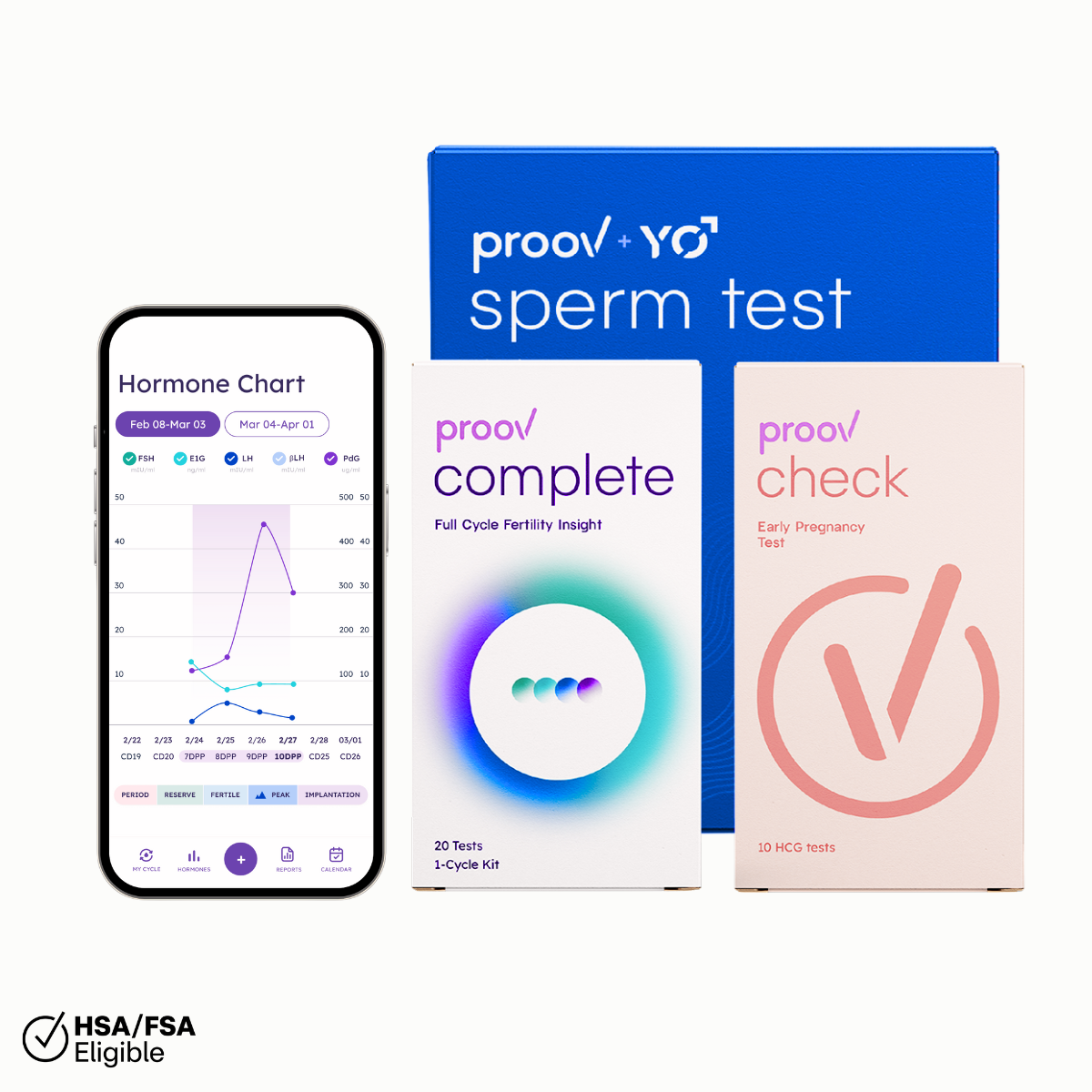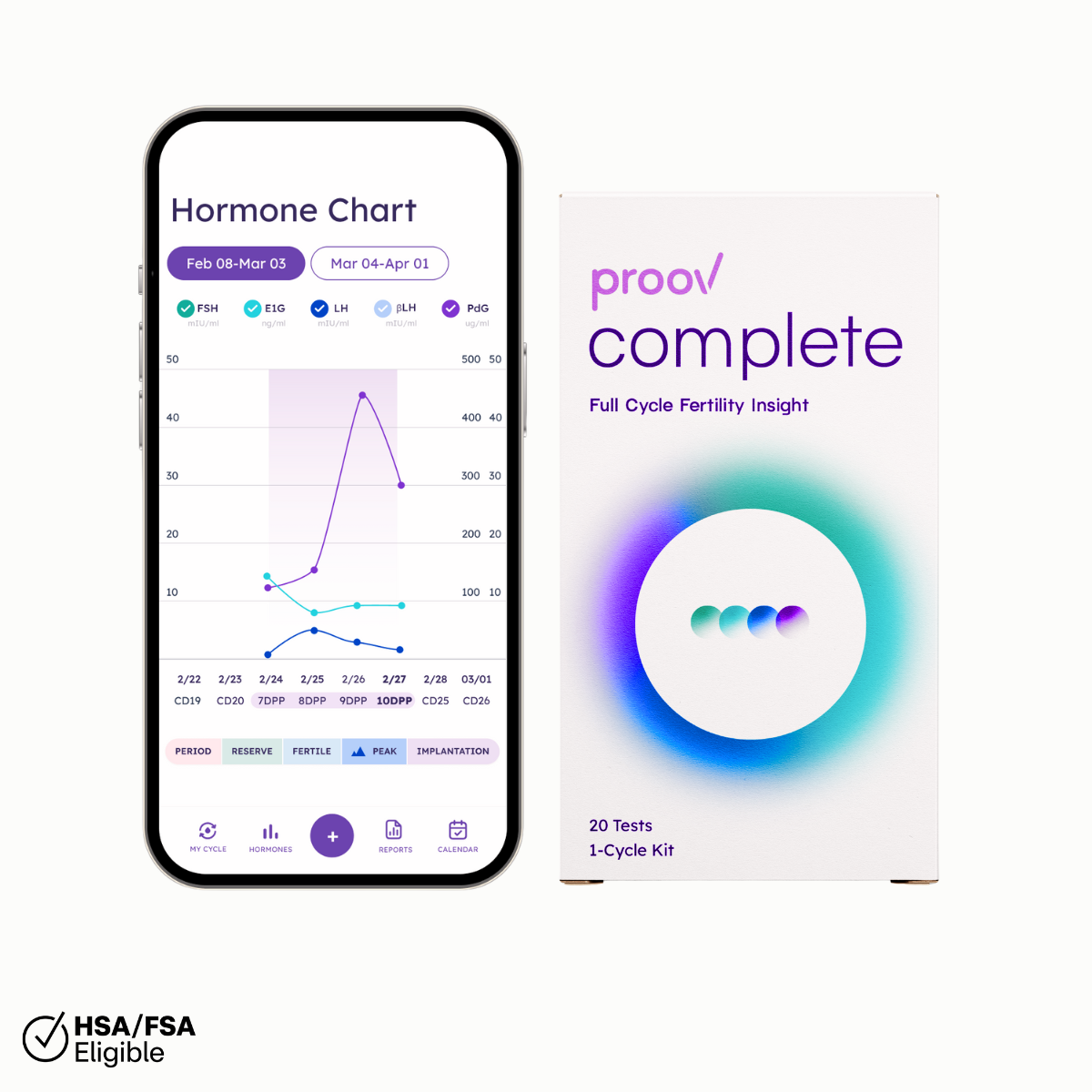Written by: Liz Bissell, Registered Dietitian. Liz Bissell is a dietitian and nutritionist based out of Grand Rapids, Michigan. She is dedicated to bringing better health to the people around her using holistic approaches. After struggling with infertility and her own Polycystic Ovary Syndrome (PCOS), she developed a program specifically designed to help women with PCOS overcome infertility through realistic diet and lifestyle changes. Her website Liz Bissell Wellness specializes in women’s health, optimizing fertility and balancing one’s hormones through nutrition, and deliciously healthy recipes to enjoy.
Written on 10/26/20
_____________________
I think we can all agree that 2020 has been quite an exhausting year. But are you fatigued from watching TikTok videos late into the night or from a larger health issue? Turns out it could be both. Our hormones and lifestyle behaviors go hand-in-hand and play a huge role in our energy levels.
What are hormones? Hormones are little messengers that help communicate to different areas of the body to respond appropriately to both internal and external environments. Hormones are responsible for the growth, development, and metabolism in the body. Let’s discuss how our hormones can affect energy levels.
Thyroid
The thyroid gland is located just below your voice box on the neck and is responsible for the metabolism of protein, fat, and carbohydrates, as well as many other bodily functions. This metabolism helps produce energy for activities of daily living.

The thyroid gland is located just below your voice box on the neck and is responsible for the metabolism of protein, fat, and carbohydrates, as well as many other bodily functions.
In some cases, the thyroid can work too hard (hyperthyroidism) or not work hard enough (hypothyroidism). When either of these two problems occur, your energy levels can be greatly affected.
In hypothyroidism, slowing of the metabolism can often lead to weight gain, fatigue, feeling cold, weakness, achiness, dry skin, irregular or heavy menstrual cycles, and hair loss. Hyperthyroidism, on the other hand, can lead to unintentional weight loss due to a fast metabolism, sweating, and rapid heartbeat.
Cortisol and Stress
As I mentioned before, 2020 has been an incredibly stressful year for most. Not to mention, this stress is in addition to the normal stress we usually deal with day-to-day. Stress can impair ovulation and reduce progesterone levels as a result. When progesterone levels are low, our brains struggle to cope or handle stress.
Additionally, the more stressed we are, the higher our cortisol levels tend to be. Cortisol is a steroid hormone that is produced by the adrenal gland to help us manage stress, regulate blood sugar levels, and maintain a healthy immune system. A moderate amount of cortisol is beneficial and healthy, but chronically elevated cortisol due to stress can lead to dysregulation of the hypothalamus-pituitary-adrenal (HPA) axis in the brain. When this type of dysfunction occurs, fatigue, anxiety, insomnia, blood sugar imbalance, and brain fog can occur.

Cortisol is a steroid hormone that is produced by the adrenal gland to help us manage stress, regulate blood sugar levels, and maintain a healthy immune system.
Estrogen and Progesterone
Normally, estrogen is the dominant hormone in the first half or follicular phase of a woman’s cycle and after ovulation, progesterone is produced by the corpus luteum and therefore, the dominant hormone of the second half or luteal phase of the cycle.
If you tend to have irregular or heavy menstrual cycles, you could be struggling with estrogen dominance or too much estrogen. This can be due to excess estrogen being produced by the ovaries in relation to progesterone. It can also be the case where estrogen is normal but you’re not producing enough progesterone due to lack of ovulation. This often occurs in hormonal disorders, such as Polycystic Ovarian Syndrome (PCOS).
Excess estrogen can also occur due to exposure to environmental toxins, stress, poor gut health, chronic inflammation, and excess fat. When estrogen remains dominant for too long, side effects can include fatigue, low libido, weight gain, headaches, brain fog, hair loss, fibrocystic breasts, bloating, and thyroid dysfunction.
Insulin Resistance
Carbohydrates are broken down into simple sugars after being consumed, which causes blood sugar to rise. As a result, the hormone insulin is released from the pancreas to tell cells to take up the sugar for use or storage.

Carbohydrates are broken down into simple sugars after being consumed, which causes blood sugar to rise.
When blood sugar is chronically elevated due to excess refined carbohydrate intake, thyroid dysfunction, stress, or PCOS, insulin is over-produced and often your cells stop listening to it. This leads to chronically elevated blood sugar, insulin resistance, and inability to utilize glucose properly. As a result, fatigue, cravings, difficulty losing weight, chronic diseases (diabetes, heart disease, liver disease, etc.) and chronic inflammation can occur.
Social Media and Sleep
Start by addressing two simple areas of your lifestyle: social media and sleep. Ask yourself, are you setting the foundation for a good night’s sleep? Between the quarantine and just staying home more with COVID, all of our schedules are a little off. Sometimes this can lead to late night scrolling on social media that leaves you wondering how on earth you got there at 2 a.m.!
We’ve all been at fault here, but it’s important to remember that a good night’s sleep sets the foundation for both healthy hormones and adequate energy throughout the day. In fact, at night is when the majority of our hormones reboot. Studies have found that 2-hour exposure to blue light (via electronics) in the evening suppresses melatonin (aka your sleep hormone) production.

Ways to Improve Sleep
Without good sleep, our circadian rhythm or natural cycle of our hormones is disturbed leading to issues with fatigue, stress, and appetite throughout the day. Try doing these few things to reduce excess social media usage at night and improve sleep:
- Set a timer on your social media applications so you don’t scroll for hours on end
- Dim the lights or turn off unnecessary ones after dinner, including in the bedroom
- Switch your phone to night/dark mode after dinner
- Aim to be in bed a half hour before you would like to be asleep
- Have a consistent bedtime routine
- While it would be nice for us to all avoid bringing electronics to the bedroom, many of us use our phones as alarm clocks. If you have to have your phone in your bedroom, try turning it to airplane mode to avoid any disturbances at night and avoid scrolling before bed
What you can do to help with hormone balance and energy levels
- Balance your blood sugar by always pairing your carbohydrates with a protein or fat source
- Consume a diet rich in fruits and non-starchy vegetables, such as cruciferous vegetables, dark leafy greens, mushrooms, bell peppers, and artichokes
- Load up on antioxidants: berries, turmeric, bell peppers, dark chocolate, and green tea
- Eat a high fiber diet (>30 grams of fiber per day)
- Take care of your gut by consuming gut-friendly foods, such as kimchi, sauerkraut, kombucha, kefir, yogurt, and vegetables
- Avoid excess alcohol, caffeine, and processed sugar intake
- Practice good sleep hygiene and self-care to reduce overall stress
References:
Beale E. G. (2013). Insulin signaling and insulin resistance. Journal of investigative medicine : the official publication of the American Federation for Clinical Research, 61(1), 11–14. https://doi.org/10.2310/JIM.0b013e3182746f95
Briden, L. (2018). Period Repair Manual (2nd ed.). Greenpeak Publishing.
Hiller-Sturmhöfel, S., & Bartke, A. (1998). The endocrine system: an overview. Alcohol health and research world, 22(3), 153–164.
Holesh, J. E., Bass, A. N., & Lord, M. (2020). Physiology, Ovulation. In StatPearls. StatPearls Publishing
Pirahanchi, Y., Tariq, M. A., & Jialal, I. (2020). Physiology, Thyroid. In StatPearls. StatPearls Publishing.













